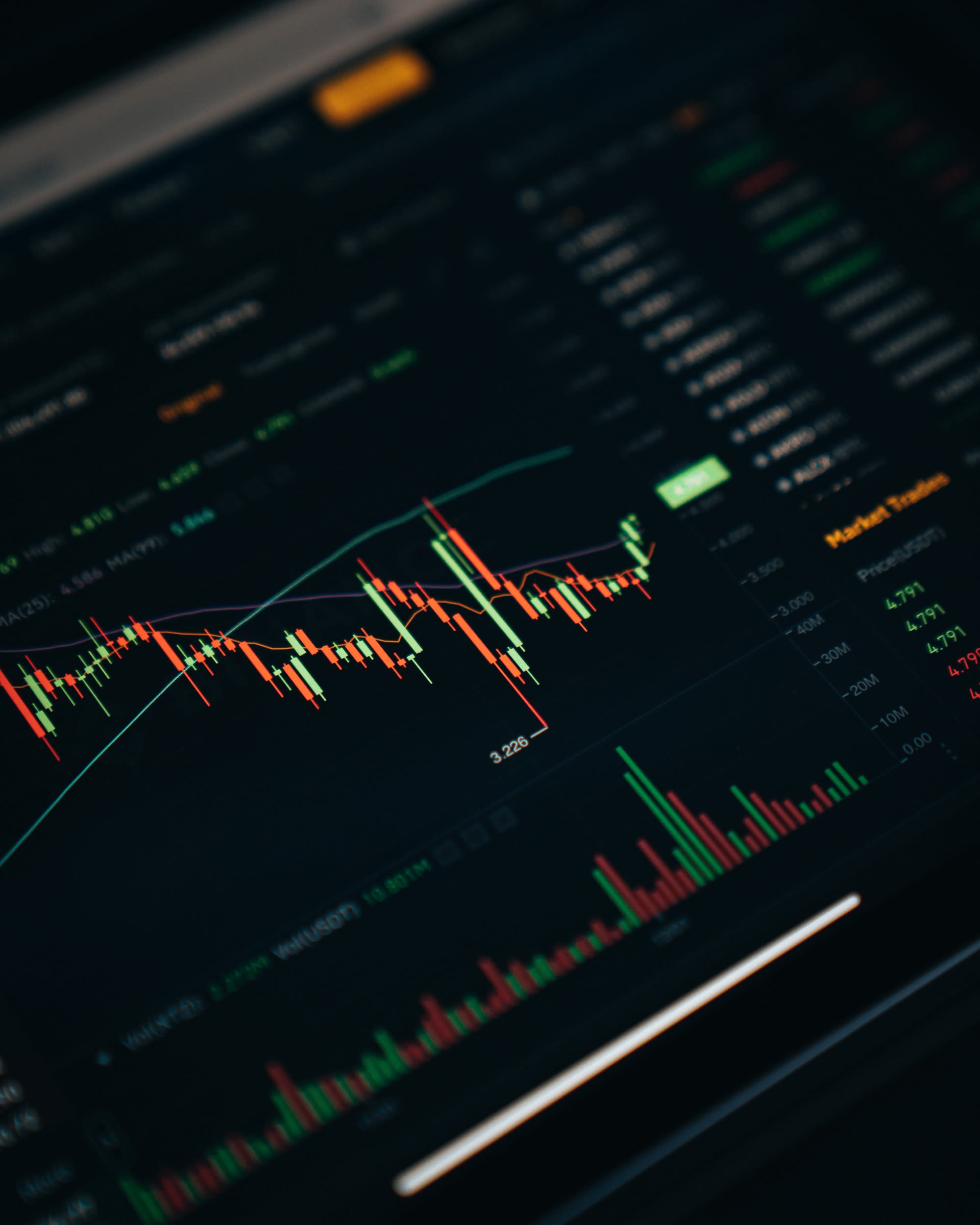Blockchain in Logistics:
Using Tech to Track Products

Blockchain technology is revolutionising the logistics industry by enhancing transparency, security and efficiency, offering a promising solution to supply chain management challenges.
Understanding Blockchain Technology
Blockchain is a decentralized digital ledger that records all transactions across a network of computers. It allows digital information to be distributed but not copied or altered, ensuring data integrity without the need for a central authority. Each block in the chain contains a number of transactions, and every time a new transaction occurs on the blockchain, a record of that transaction is added to every participant's ledger. This decentralized consensus mechanism makes blockchain inherently secure and auditable.
Applications of Blockchain in Logistics
Enhanced Transparency
One of the most significant advantages of blockchain is the level of transparency it can provide. Every transaction on a blockchain is recorded on a block and is visible to all participants. This transparency helps build trust among parties in the logistics chain, from suppliers to consumers, as every step of the supply process can be tracked and verified.
Improved Traceability
Blockchain provides an immutable record of every transaction, making it an ideal tool for traceability in logistics. This is particularly valuable in industries where consumers are concerned about the authenticity of the product, such as luxury goods or the sourcing, such as organics and pharmaceuticals. Companies can use blockchain to provide a proof of provenance and a clear trail from origin to end-user.
Increased Efficiency and Reduced Costs
By automating and streamlining traditional processes through smart contracts, blockchain can significantly increase operational efficiency. Smart contracts are self-executing contracts where the terms of the agreement between buyer and seller are directly written into lines of code. They automatically execute transactions without human intervention when predefined conditions are met, thereby reducing the time and cost involved in manual processing.
Better Security
Blockchain's decentralized nature and cryptographic security make it highly resistant to tampering, reducing the risk of fraud, cyber-attacks and unauthorized activities. This security is critical in logistics, where the interception or falsification of information can have severe financial and reputational consequences.
Dispute Resolution
The clarity and immutability of records on a blockchain can significantly simplify dispute resolutions. With every transaction and its associated details logged indelibly, resolving disputes over payments or agreements can be done with reference to the blockchain without ambiguity.
Real-World Examples
Several global corporations and startups have begun implementing blockchain solutions in their logistics operations. For instance, Maersk, the world's largest container shipping company, has partnered with IBM to create TradeLens, a blockchain-based shipping solution that aims to promote more efficient and secure global trade. Another example is Walmart, which uses blockchain to track the origin of over 25 products from 5 different suppliers. This system enhances their ability to manage inventory and ensure product safety.
Challenges and Future Prospects
Despite its potential, blockchain adoption in logistics face challenges, including the complexity of integrating with existing systems, the scale of data management, and the need for standardization across different stakeholders. Moreover, there is a considerable learning curve and a need for technological infrastructure, which can be a barrier, especially for small to medium-sized enterprises.
Looking ahead, as more businesses begin to understand and leverage blockchain's potential, its adoption in logistics is expected to increase, driving innovation and efficiency in supply chain management. With ongoing advancements in technology and more robust use cases, blockchain stands to redefine the logistics industry, making it more transparent, efficient and secure.


